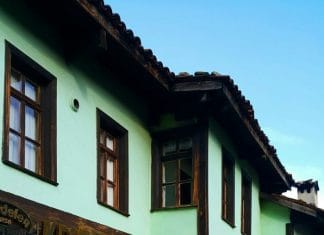Croesus Examines the Greek States
When King Croesus looked into the condition of the two great Greek states, Athens and Sparta, he discovered very different situations. Athens was not...
The Uncertain Language of the Pelasgi
It is not possible to say with complete certainty what language the Pelasgi originally spoke. There are no written records that clearly explain their...
Croesus Rejoices at the Oracles Reply
When King Croesus received the replies from the oracles, he felt great joy and confidence. He believed the messages confirmed that he would destroy...
Vendettas in Southern Greece
Arcadia and Laconia Lands of Tradition
In the provinces of Arcadia, long thought of as a land of peace and happiness, and in Laconia, the...
Crime and Violence in Modern Greece
High Murder Rates
Visitors to Greece are often surprised by the high number of murders reported in the country. Many find the statistics hard to...
Newspapers and Public Opinion in Athens
Abundance of Newspapers
Athens has more newspapers than many other cities. There are daily newspapers, weekly publications, and occasional journals. Some are not intended mainly...
Synagogue and Gymnasium-Bathhouse in Sardis
Overview of the Site
In Sardis, there are remains of a synagogue and a gymnasium-bathhouse that were partly rebuilt. These buildings date back to the...
The Temple and Houses in Sardis
The Temple of Artemis
The temple of Artemis in Sardis was one of the most impressive buildings in the city. It was likely started in...
The Kingdom of the Maccabees
Struggles and Expansion
John Hyrcanus I Maintaining Power and Expanding Territories
John Hyrcanus I (134-104), the Maccabean ruler, faced challenges to secure his crown. He first...














